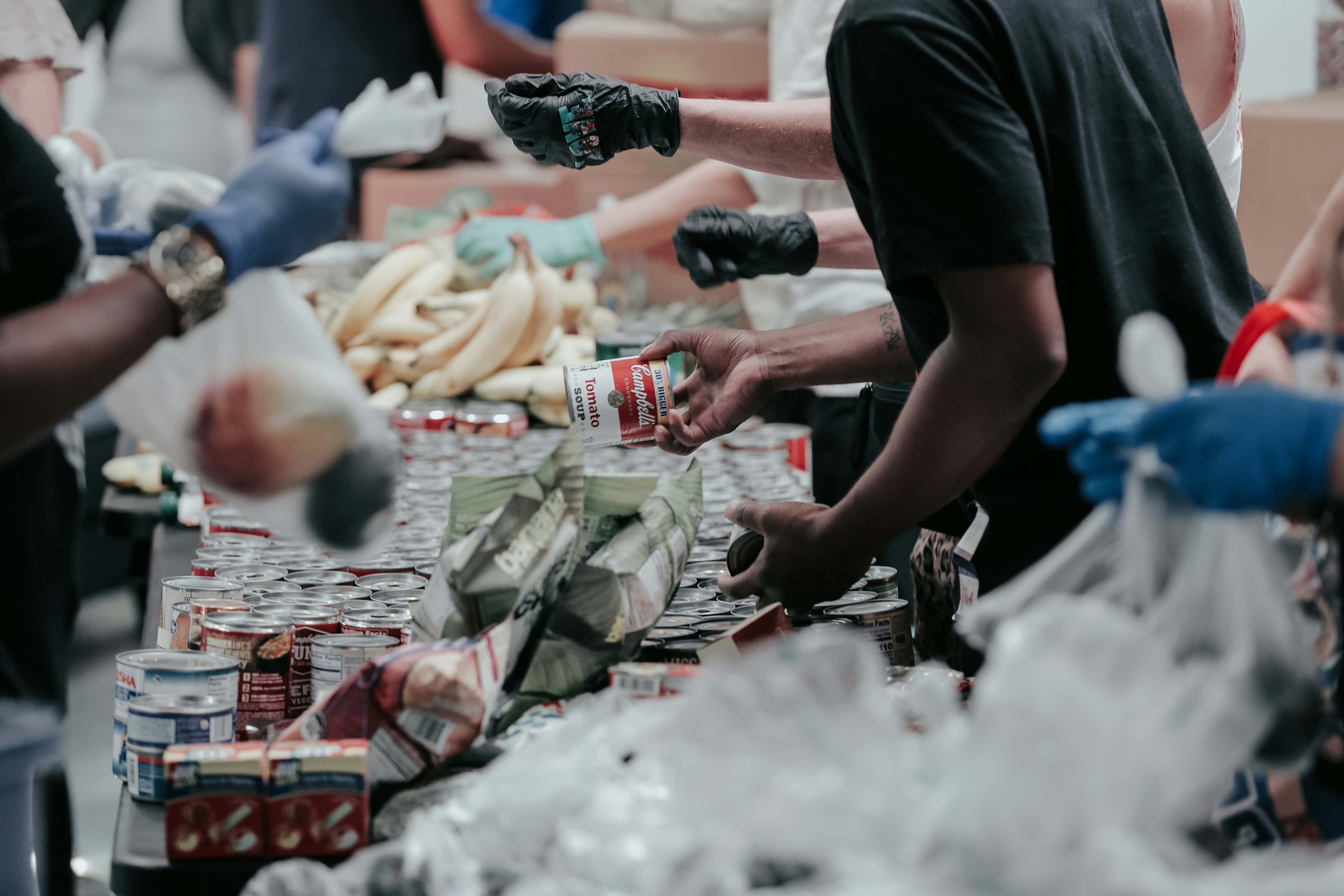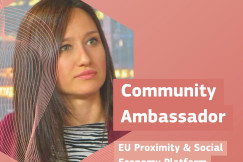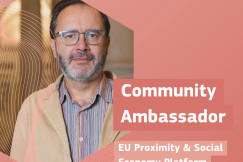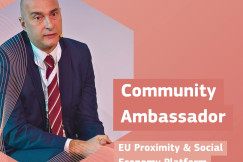Best practices
11 March 2025
Rete Ricibo: A Strategic Approach to Combating Food Waste and Poverty in Genoa
Best practices
11 March 2025
Financing the ecosystem
Partnerships
Regenerative Green Transition
+16 more
Login / create an account to be able to react
-
14

Rete Ricibo is a network based in Genoa, Italy, dedicated to addressing food waste and poverty by recovering surplus food and redistributing it to those in need. Grounded in the principles of the social economy, this initiative promotes sustainable local practices by addressing food insecurity in the area while reducing environmental impact. Rete Ricibo provides a model for other communities aiming to tackle food waste and poverty through collaborative, community-driven approaches.
EURICSE
Topics
Italy
Local Authorities
National authorities
NGOs / Non-profits
Regional Authorities
Social Economy Entity
Trade Unions
-
Thematic area
-
-
Financing the ecosystem
-
Partnerships
-
Regenerative Green Transition
-
Skills
-
Urban and Rural Wellbeing
-
-
Interlinkages with other sectors
-
-
Proximity and social economy
-
Agri-food
-
-
Action areas and keywords
-
-
Blue Economy
-
Buy social
-
Circular Economy
-
Clusters (including Cluster of social and ecological innovation)
-
Local employment
-
Local Green Deals, green business communities and citizens’ initiatives
-
Local Markets
-
Responsible (Public) Procurement
-
Socially oriented territorial regeneration
-
-
Ecosystem focus
-
-
Proximity economy
-
Social economy
-
-
Scope of activity
-
-
Local/neighbourhood
-
Share
Rete Ricibo is an association founded in 2021 but already active as a network since 2017, initiated by various Third Sector organisations in Genoa working against food waste and poverty. The idea of forming a network emerged from discussions within the city, which had been increasingly aware of food insecurity and waste after Expo 2015. Then, Genoa's participation in the Milan Urban Food Policy Pact (MUFPP) in 2016 helped solidify the need for a collective action plan.
Rete Ricibo started with six founding organisations and was later supported by the Compagnia di San Paolo Foundation. The network aims to tackle food waste and poverty by recovering surplus food and redistributing it for social solidarity purposes. The initiative follows two main operational levels: one for coordinating and designing recovery systems for surplus food in collaboration with local organisations, and another for training, mapping, and research on food-related issues. Over time, this system has allowed Rete Ricibo to recover over 1,100 tons of food, with 203 tons recovered in 2023 alone.
In terms of its organisational structure, Rete Ricibo is led by a strategic management team and supported by a broader assembly of participating organisations. These partners, including food banks, food distributors, and social enterprises, ensure the efficient operation of food collection and distribution, often with a focus on proximity to minimise logistical challenges. Furthermore, the network works closely with various donors, including supermarkets, restaurants, and local businesses, as well as shipping companies, and even organises food recovery from events like those at the Genoa Football Club.
The network’s goals extend beyond simple food redistribution. It promotes systemic solutions to reduce food waste and poverty, integrating environmental sustainability and local food policy. The network also aims to engage with stakeholders and the public, offering education and sensitisation activities, especially within schools, and advocating for more effective food policies.
Rete Ricibo's sustainability strategy is funded primarily by public and private financing, such as grants from foundations and regional government support. For example, the Regione Liguria has supported Rete Ricibo's collaboration with Genoa's environmental education centre on school canteens. In 2023, Rete Ricibo was also awarded a European project on the circular economy, focusing on the environmental impact of food recovery.
The network’s operational costs amounted to approximately €93,026 in 2023, with a significant portion invested in communication and compensating collaborators. While a large part of the workforce is composed of volunteers, the organisation recognises the increasing complexity of managing the network and the need for more resources and specialised skills.
Despite the positive results, Rete Ricibo faces ongoing challenges due to its funding model, which is heavily reliant on uncertain and non-continuous grants. One key focus for the future is to balance financial sustainability with its mission, by increasing donor responsibility for covering recovery costs and exploring the potential for monetising the data collected by the network.
Rete Ricibo’s policy engagement has shed light on key legal challenges in food recovery. While Italy’s Law 166/2016 on food donation has been an essential step in formalising food recovery, Rete Ricibo points out that the law fails to recognise the costs of recovery, which remain the responsibility of charitable organisations. The law also perpetuates a problematic connection between food waste and poverty, risking the stigmatisation of individuals who rely on recovered food. Rete Ricibo advocates for broader legislation that tackles food waste at its root, focusing on prevention rather than simply redistribution. Furthermore, the organisation calls for greater public awareness of existing regulations to improve their implementation and effectiveness.
Looking forward, Rete Ricibo aims to expand its activities beyond food redistribution to address the broader issues of sustainability within food systems. Through partnerships and advocacy, the network hopes to contribute to a more systemic approach to food insecurity, moving beyond the traditional link between food waste and poverty.
Rete Ricibo’s work has earned significant recognition, such as the "Vivere a Spreco Zero" national award in 2023, highlighting the network’s impact on reducing food waste and contributing to a circular economy. As the network continues to grow and evolve, its future efforts will focus on both improving operational sustainability and pushing for legislative change to ensure a more inclusive and sustainable food system.
Comments (0)
See also
-
12
PSE Platform Ambassador highlight: Snezana Andric and Young Ambassadors
- Categories
- Partnerships Regenerative Green Transition Skills +68 more
-
96
PSE Platform Ambassador highlight: Flaviano Zandonai and National Consortium CGM
- Categories
- Partnerships Regenerative Green Transition Skills +68 more
-
25
PSE Platform Ambassador highlight: Giorgio Nanni and Legacoop
- Categories
- Partnerships Regenerative Green Transition Skills +68 more




